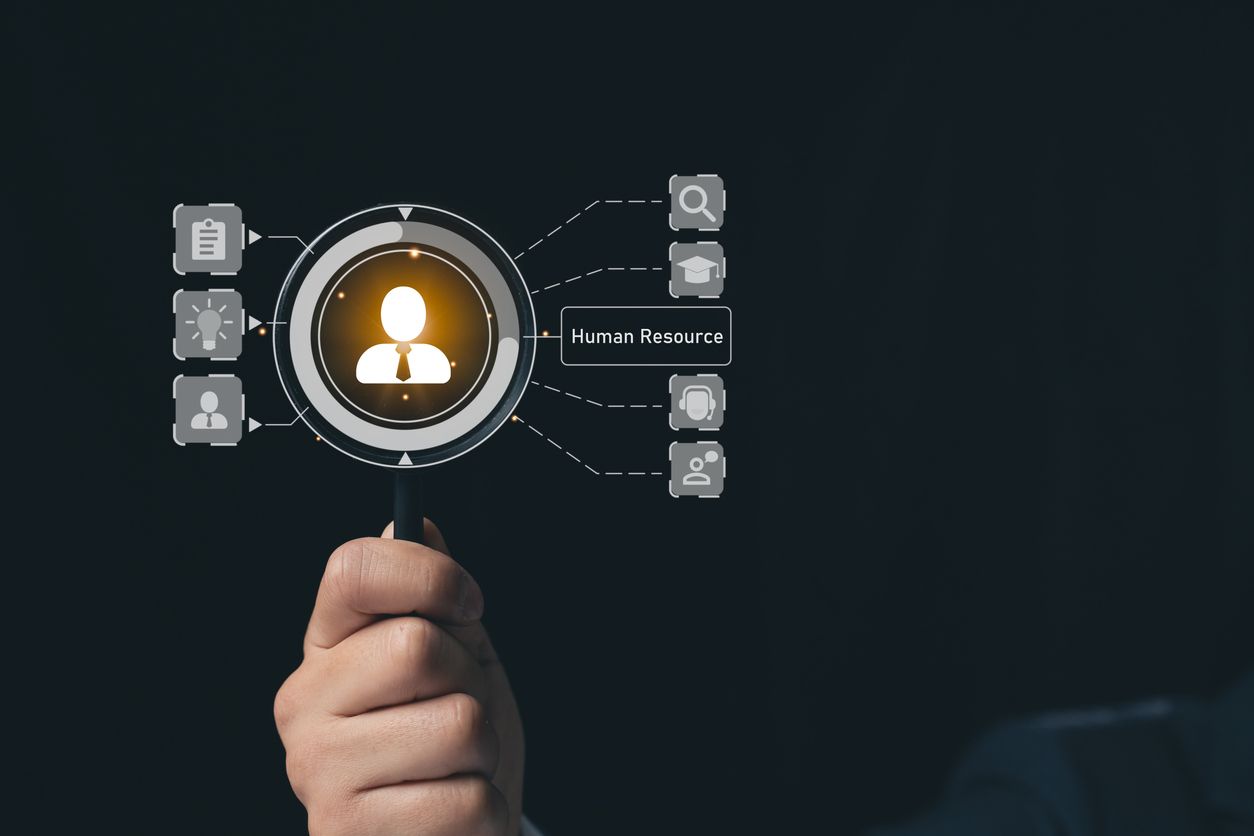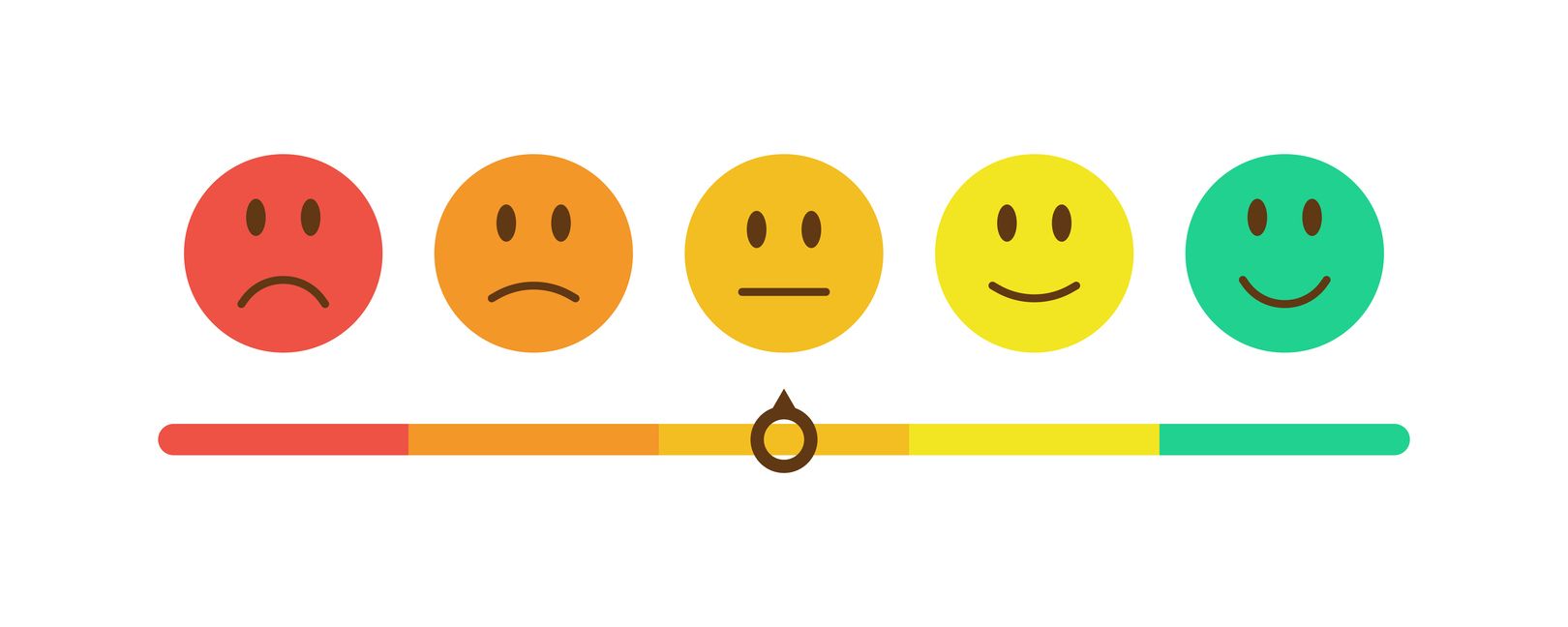The digitalization of HR processes in pharmaceutical recruitment: A revolution underway
The pharmaceutical sector is undergoing an unprecedented transformation. The rise of biotechnology, the emergence of personalized medicine, and the widespread use of artificial intelligence are reshaping research, production, and patient care. Yet another revolution, more discreet but equally decisive, is taking place: the digitalization of HR processes, particularly in recruitment.
In an environment where talent is scarce, where competition between laboratories and biotech start-ups is fierce, and where new generations of candidates demand speed, transparency, and flexibility, traditional recruitment methods are no longer enough. Digital technology has now become a strategic lever to attract, select, and retain top talent.
But what does this digitalization really mean? What benefits does it bring to the pharmaceutical sector? And what precautions should be taken to ensure it remains an effective tool without dehumanizing recruitment?

1. Understanding the digitalization of HR processes
1.1 A deep transformation
Digitalization is not just about replacing paper resumes with online forms. It encompasses the entire recruitment cycle:
- Posting job offers on digital platforms and professional social networks.
- Automated CV screening using preselection algorithms.
- Remote video interviews.
- Online skills assessments and role-playing exercises.
- Digital onboarding with training modules and e-learning.
This approach radically transforms how pharmaceutical companies interact with candidates.
1.2 The integration of AI and data
Artificial intelligence tools and predictive analytics enrich the recruitment process through:
- Intelligent matching between candidate skills and job requirements.
- Automated behavioral and technical assessments.
- Personality analysis via digital tests and role-playing scenarios.
- Candidate journey tracking, similar to a customer experience.
Recruitment thus becomes faster, more precise, and better documented.
2. Why digitalization is crucial in pharmaceutical recruitment
2.1 A sector under pressure
Pharmaceutical careers demand rare skills, particularly in clinical research, regulatory affairs, and data science. Talent shortages make every recruitment strategic. Digital tools shorten timelines and facilitate connections.
2.2 More demanding candidates
Generations Y and Z, highly connected, prefer fast and transparent processes. Long or unresponsive recruitment discourages them. Digitalization addresses this demand by improving the overall candidate experience.
2.3 Global reach
Pharma recruitment goes beyond borders. Digital platforms enable global sourcing of talent and remote interviews without geographical constraints.
3. The advantages of digitalization for pharmaceutical recruitment
3.1 Time and efficiency gains
- Automated application screening.
- Simplified scheduling of video interviews.
- Online technical assessments.
Result: Recruiters can focus more on qualitative interactions.
3.2 Enhanced candidate experience
- Real-time tracking of application status.
- Automated feedback to avoid frustrating silence.
- A smoother process that strengthens employer branding.
3.3 Better decision-making with data
Recruiters benefit from objective comparison tools, reducing biases linked to first impressions. Soft skills can also be detected through digital behavioral tests.
3.4 A Potential reduction in bias
A well-designed algorithm can limit discrimination based on age, gender, or origin by focusing solely on skills and job fit.
4. Concrete examples in pharmaceutical industry
- Automated Screening: A major pharmaceutical company reduced initial application processing time by 60% thanks to intelligent sorting software.
- Online Technical Tests: A biotech specializing in biotherapies evaluates candidates’ statistical skills before interviews, ensuring a high level of expertise.
- Digital Onboarding: Integration portals provide e-learning modules, videos, and regulatory training to standardize and speed up new employee onboarding.
5. The limits and risks of digitalization
5.1 Loss of human connection
The risk lies in reducing candidates to data points. Yet qualities like ethics and communication cannot be fully assessed by algorithms.
5.2 Technological bias
If algorithms are not properly calibrated, they may reinforce existing inequalities (favoring certain degrees or career paths).
5.3 Tool overload
Too many digital tools can complicate recruiters’ work. Coherent integration is essential.
5.4 Data privacy concerns
In such a sensitive sector, protecting candidates’ personal data is crucial. GDPR sets a strict framework for this.
6. Toward a balance between digital and human
6.1 Digital as a facilitator
Tools should automate repetitive tasks, leaving recruiters responsible for building authentic connections with candidates.
6.2 Humanizing key stages
Personalized feedback, quality interviews, and an empathetic approach remain essential to retaining talent.
6.3 Training recruiters and managers
Digitalization does not replace human expertise—it amplifies it. Teams must be trained to use these tools wisely.
7. The future of HR digitalization in pharmaceutical industry
7.1 Predictive recruitment
Some companies already anticipate HR needs using AI, based on ongoing R&D projects.
7.2 Digitalized collaborative recruitment
Platforms allow managers and even teams to actively participate in the selection process.
7.3 The arrival of virtual reality
In the near future, candidates may be immersed in virtual environments simulating lab situations to test their reactions.

FAQ
What is the digitalization of HR processes in pharmaceutical recruitment?
It is the integration of digital technologies and AI into all stages of recruitment, from job posting to onboarding.
What are the main benefits for pharmaceutical companies?
It saves time, improves the candidate experience, supports more objective decision-making, and helps reduce recruitment biases.
Does digitalization dehumanize recruitment?
Not if used properly. Digital tools should be seen as facilitators, while humans retain the final decision-making power and maintain the relationship with the candidate.
What risks should be taken into account?
The loss of human connection, algorithmic biases, the overuse of poorly integrated tools, and issues related to data protection.
Is digitalization suitable for all pharma position
Yes, but it is particularly effective for technical and scientific roles, where skills can be assessed through online tests.




